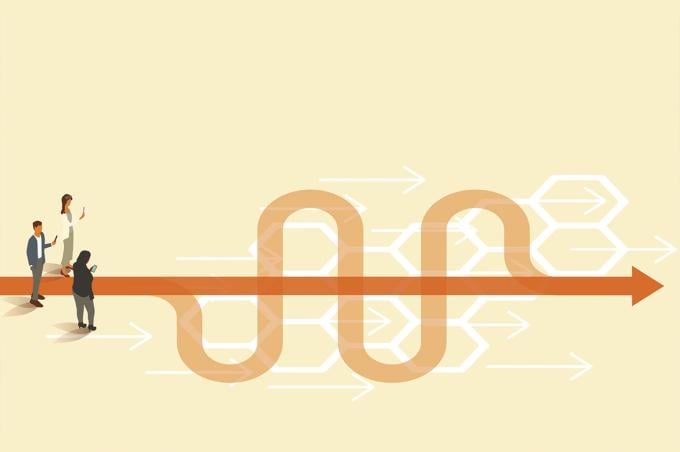Physician well-being is increasingly recognized as the fourth goal that joins the “triple aim” of improving care quality and patient experience while lowering health costs. Yet more than half of physicians still experience burnout.
It appears the same traits that help physicians excel at their profession are likely to make them experience burnout. And while health systems and medical practices aim to improve well-being, many doctors don’t seek physician burnout treatment.
Here are five reasons physicians are less likely to seek treatment for burnout.
Fear of licensure problems
Physicians encourage patients to share concerns about depression, anxiety or other mental health conditions, yet are less likely to seek help themselves due to stigma. This is often because physicians are concerned that having a history of mental illness could make it harder for them to obtain licensure.
An October 2017 study published in Mayo Clinic Proceedings found that physicians working in a state where the initial or renewal application probes too broadly about mental health history were 20 percent likelier to be reluctant about seeking help. Overall, about 40 percent of physicians reported reluctance to seek formal medical care for treatment of a mental health condition.
To improve physician access to mental health care, the AMA recently adopted policy to:
- Encourage state licensing boards to require disclosure of physical or mental health conditions only when a physician is suffering from any condition that currently impairs his or her judgment or that would otherwise adversely affect his or her ability to practice medicine in a competent, ethical and professional manner, or when the physician presents a public health danger.
The “physician personality”
A possible cause of burnout is what many researchers have coined the “physician personality,” suggested Tait Shanafelt, MD, at the 2016 AMA Interim Meeting. According to those researchers, the characteristics that define many doctors are doubt, guilt and an exaggerated sense of personal responsibility. These same qualities, said Dr. Shanafelt, also make a good physician because it leads doctors “to be thorough, committed, leaving no stone unturned, to always be thinking about Mrs. Jones and ‘What else I could do? What am I missing?’”
“The qualities that make people good physicians are a double-edged sword,” he said. “It’s those who are most dedicated to their work who are at greatest risk to be most consumed by it.
Programmed to cope alone
Over the past few decades, physicians have experienced busier schedules, higher productivity expectations and more time spent documenting, which means less time to interact with other physicians.
As a result, physicians tend to handle stress alone and don’t reach out because they fear looking like a weak or subpar doctor. Interacting with other physicians has always been part of the fabric of the profession, said Dr. Shanafelt, an essential part of what binds doctors together and makes the profession great.
A survival mentality
Throughout residency, said Dr. Shanafelt, there is a survival mentality. “I’ve just got to make it through,” physicians think. “Things will get better when I’m done with residency.”
However, physicians continue to perpetuate that same framework throughout their entire careers. For example, he said, one study found that 37 percent of physicians reported looking forward to retirement as an effective strategy for well-being. This is a physician’s survival mentality of work now, then retire and get a personal life.
Self-doubt, imposter syndrome
Physicians often defer pleasure by being reluctant to give themselves credit for their abilities and accolades. There is a level of self-doubt that permeates any physician and exceeds that of most other people. Many are waiting to be discovered as the fraud they think they are, so they stay quiet about their doubts and insecurities.
The AMA offers online CME on physician burnout that helps doctors redesign their medical practices to minimize stress and improve job satisfaction.




